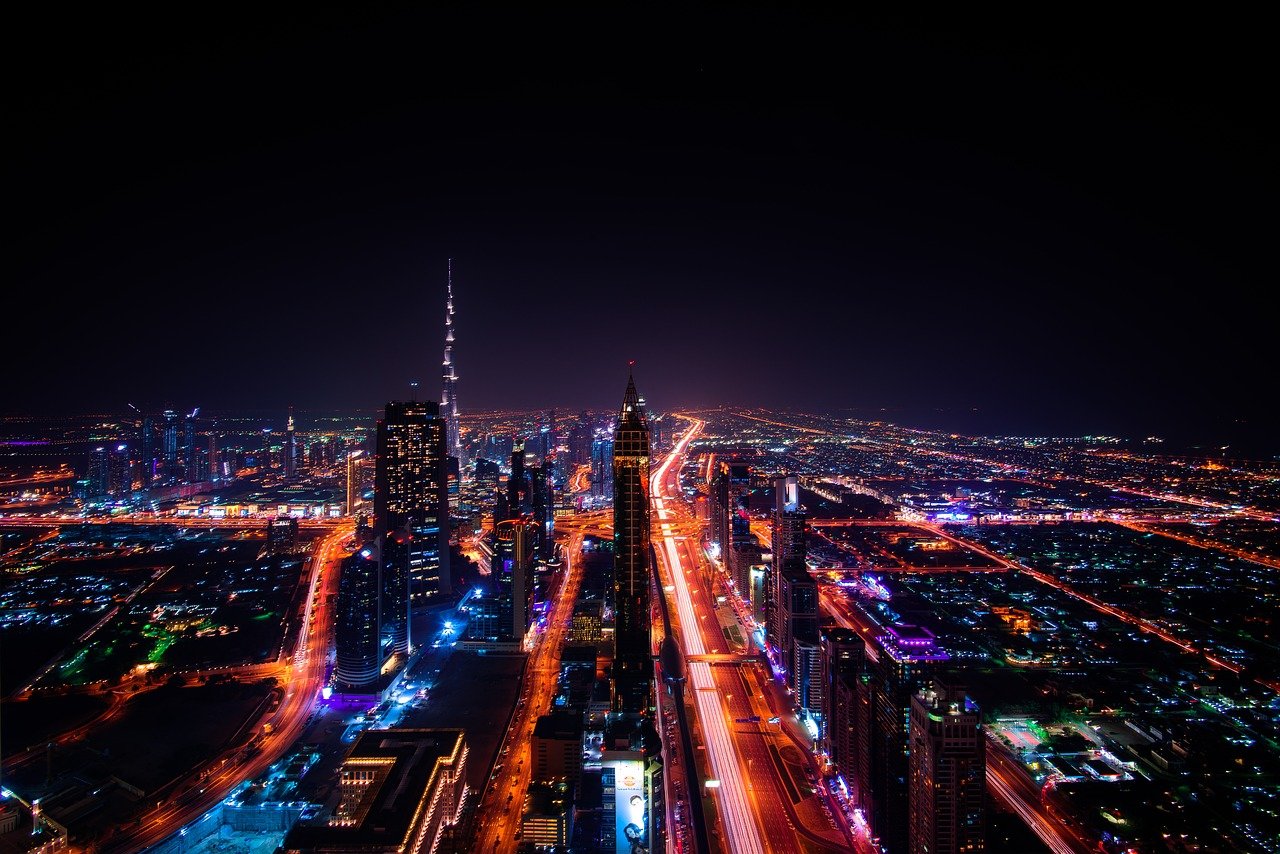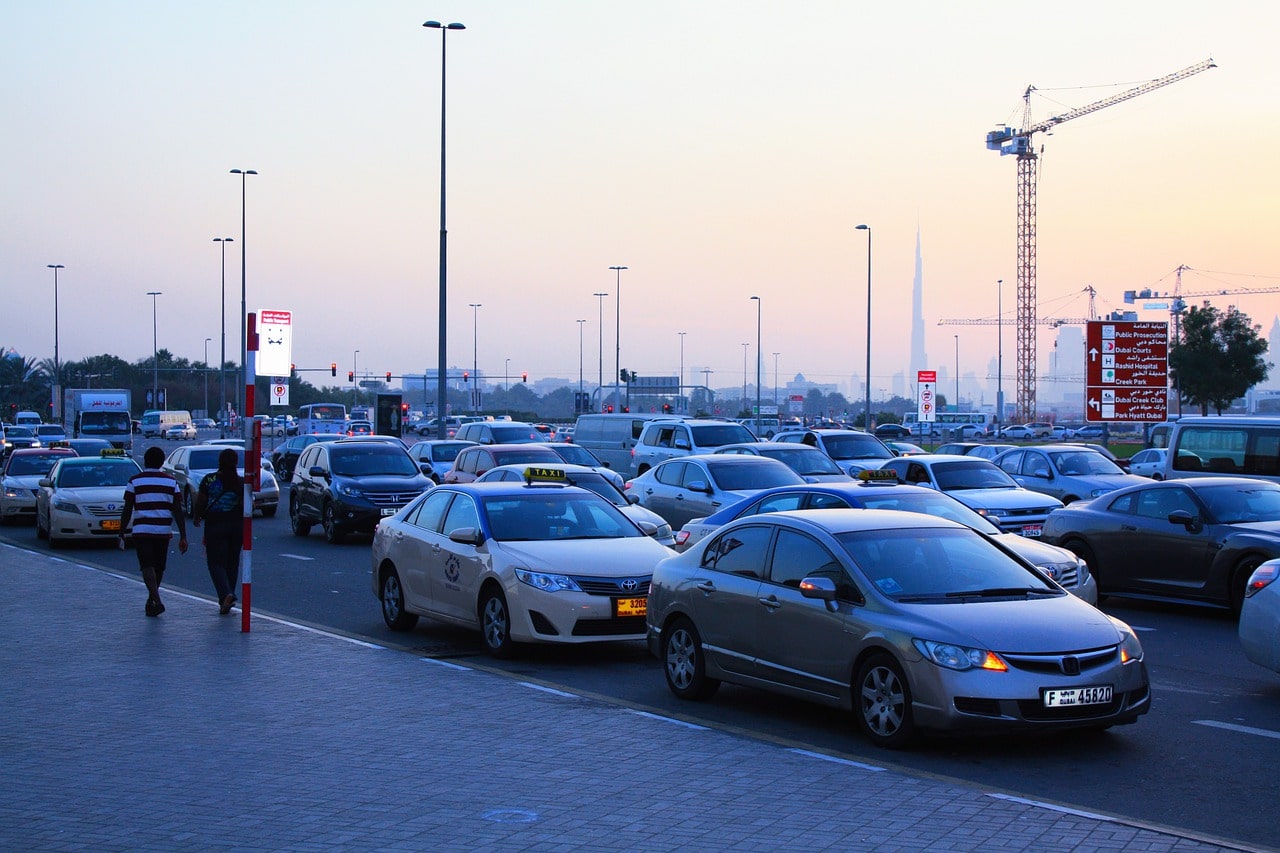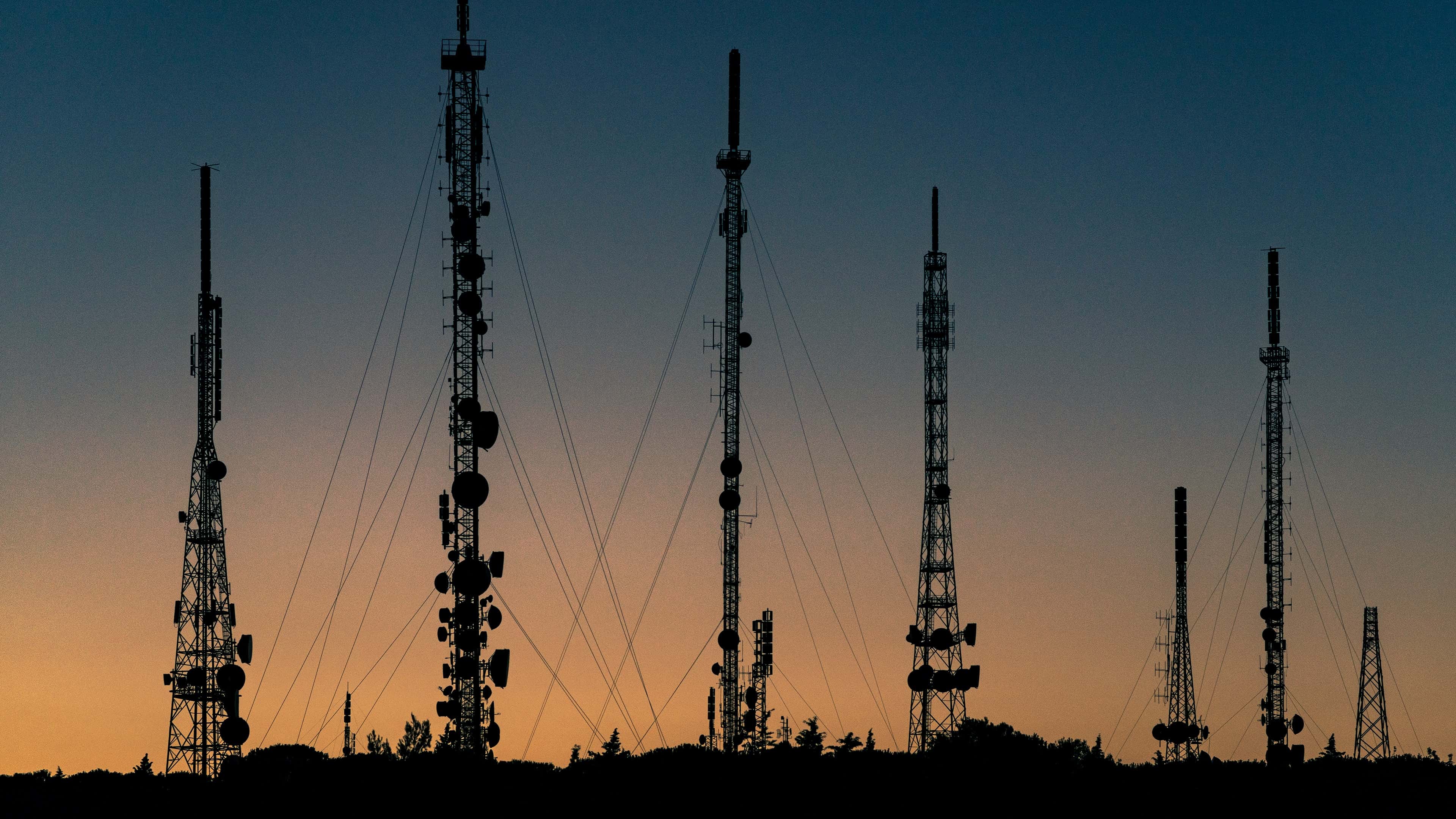Despite the problems due to water scarcity, soil salinity, difficult environmental conditions, high production costs, agricultural pests, as well as post-harvest losses, agriculture sector in the United Arab Emirates (UAE) has rapidly developed since 1971, when the first efforts were made towards the development of agricultural economy. It has become an economic activity in the country which relies on the use of the latest technology.
The UAE has made outstanding efforts in building agricultural sector, contributing to food diversity and the national economy. This was also achieved through the adoption of policies that limit of these factors, along with the adoption of sustainable and climate smart agriculture methods, focusing on optimal utilization of the cultivated land as well as the quality of local produce to enhance its competitiveness. These policies are generally based on innovative technologies and solutions, including hydroponics, aquaponics, and organic agriculture.
Sustainable Agriculture
Due to the the country’s barren climate and its scarcity of available resources, as it is located in an arid zone where desert environment accounts for more than three quarters of the country’s total area, the government of UAE plans to find ways in investing even more in the agricultural production by adopting sustainable farming, along with water-conservation techniques. The government also encourages private, local and foreign companies to come to the country and invest in the agricultural economy.
With emphasis on promoting the adoption and installation of modern irrigation systems to replace flood irrigation method, huge efforts were made in preserving water resources. The government recorded that the use of modern irrigation systems rose to 91% in 2011 from 32% in 1999. As a result of the UAE’s efforts, the number of farms increased from 4,000 in 1971 to 35,704 in 2011, within an area of 105,257 hectares. The organic production area in the country also increased to 3920 hectares by the end of 2013.
Moreover, the UAE’s Ministry of Climate Change and Environment has put a priority on increasing the use of hydroponic technology among farmers in the country, which relies on nutrient-rich water in growing plants with the use of little or no soil. This method can save up to 70% of water, as well as allowing for a longer growing season and avoiding harmful chemicals.
Organic Farming
The latest data recorded that the number of organic farms in the UAE has risen 53% from the last quarter of 2018 to the first quarter of 2019. The number of products of these farms has also grown, with an 89% increase from 1,240 in the last quarter of 2018 to 2,356 in the first quarter of 2019. In addition to that, around 1 million square metres of organic farmland in the country produced 1,116 new organic products, including vegetables, fruits and dates, farms for meat, poultry, eggs, and many other products during the same period, according to the Emirates Authority for Standardisation and Metrology (ESMA).
The data included products which are grown naturally without the use of prohibited chemical pesticides and also produced using national, non-genetically modified organisms (GMO seeds). ESMA will grant an “organic” mark in a certificate of conformity to farms that meet these criteria.
Achieving Food Security in the UAE
As the population in the country keeps increasing, the need to produce more to meet increasing demand for food is also increasing. One of smart cities in the UAE, Masdar City, showed an example exhibition in effort to demonstrate sustainable home farming solutions to the public, inspired by the increasingly modern agricultural technology. Bustani, which means ‘garden’ in Arabic, features innovative solutions in encouraging people to cultivate and grow their own food at home to help provide sustainable solutions as well as manage food security in the UAE.
Most of the models are developed with an app which enables users to monitor and care for their plants at all times. The advancement of technology has made it possible to incorporate changes and start-up companies in the agriculture sector to apply these innovations to modernise and simplify the process.
The UAE is benefitting from this home farming solutions, given the country’s agricultural challenges. Currently, the UAE imports 90% of its food supply, making self-sufficient farming to be an ideal solution. The UAE government also launched its National Food Security Strategy, aiming to boost the country’s future domestic supply and develop foreign partnerships to diversify food resources.
Why Should We Invest on UAE Agriculture?
The agriculture market in the UAE certainly has several advantages, making it more favorable than other countries when it comes to business setup. Strategic location, state-of-the-art infrastructure, ease of doing business, political and social stability, a variety of business premises, protection of intellectual property rights, simplified business regulations, open economy, economic stability, as well as no corporate tax are mong benefits from investing in the UAE, notably agriculture sector.



